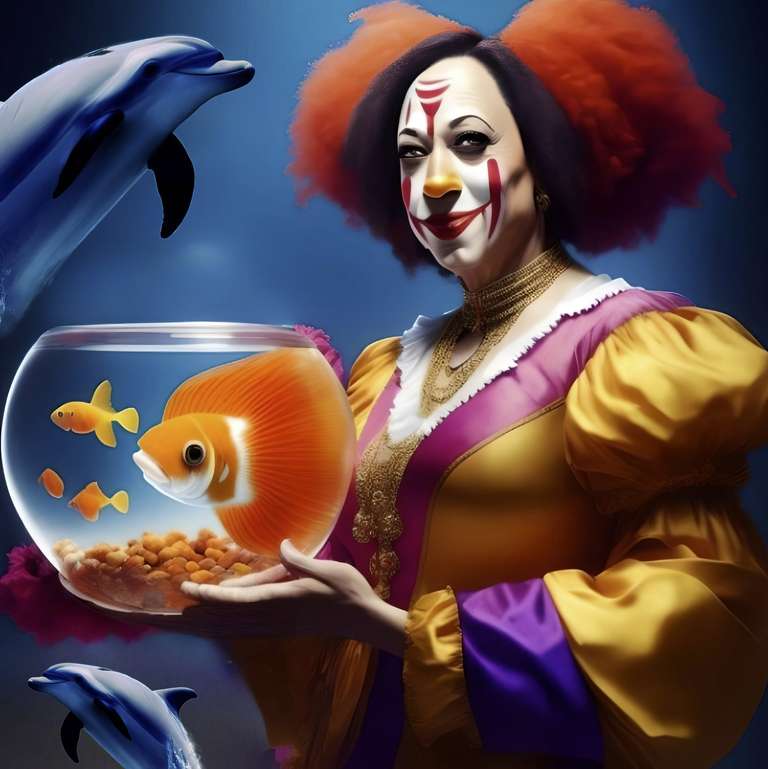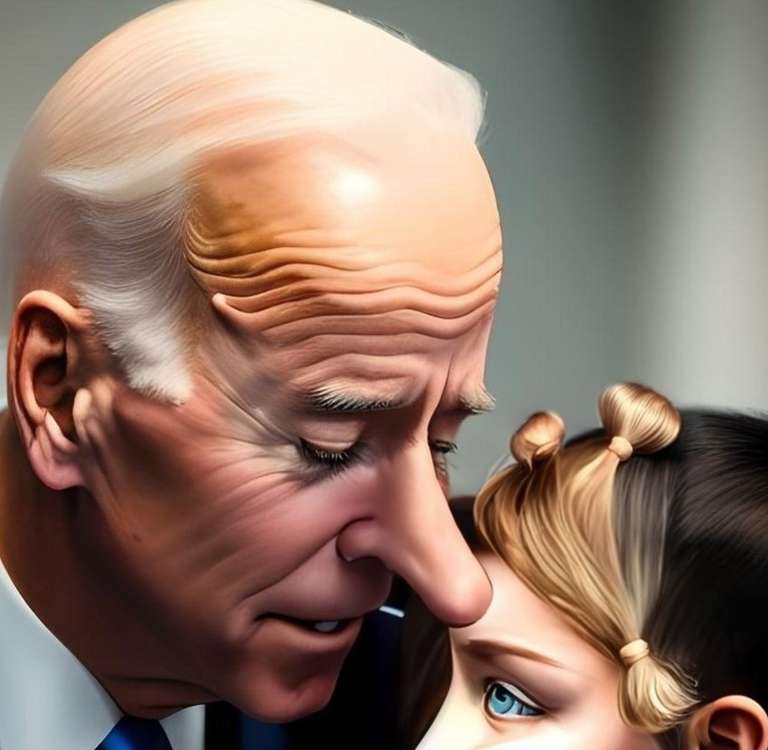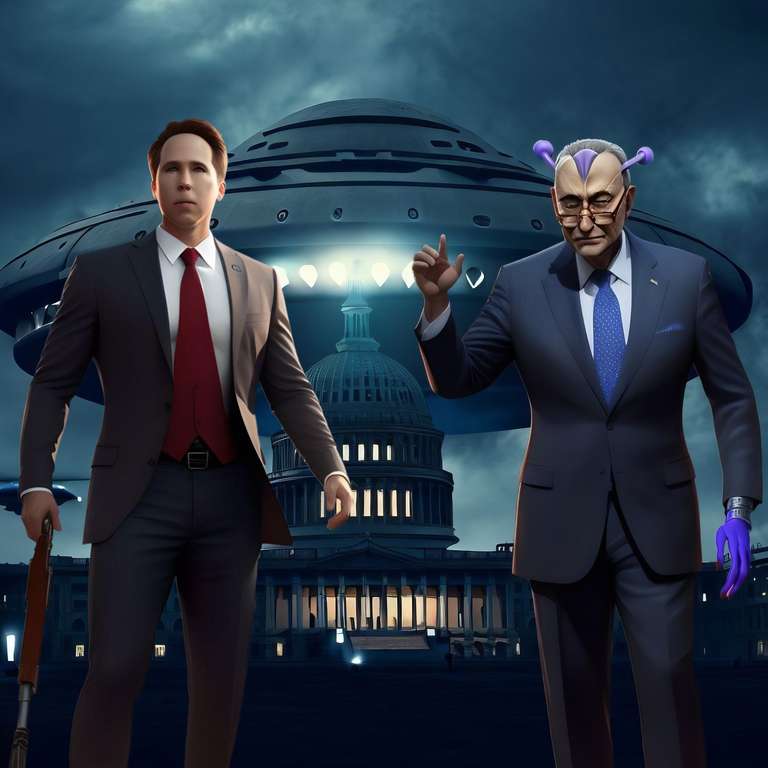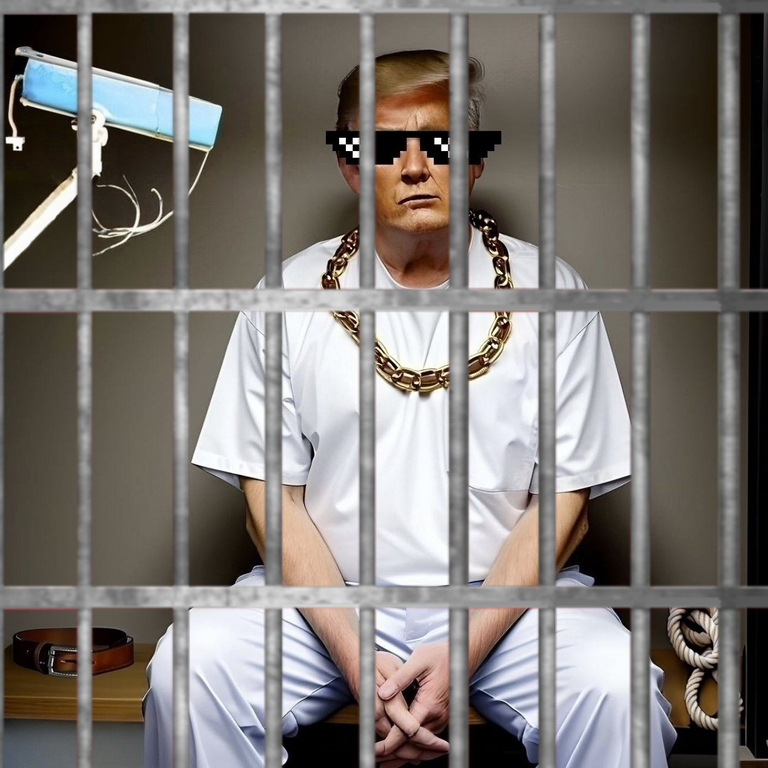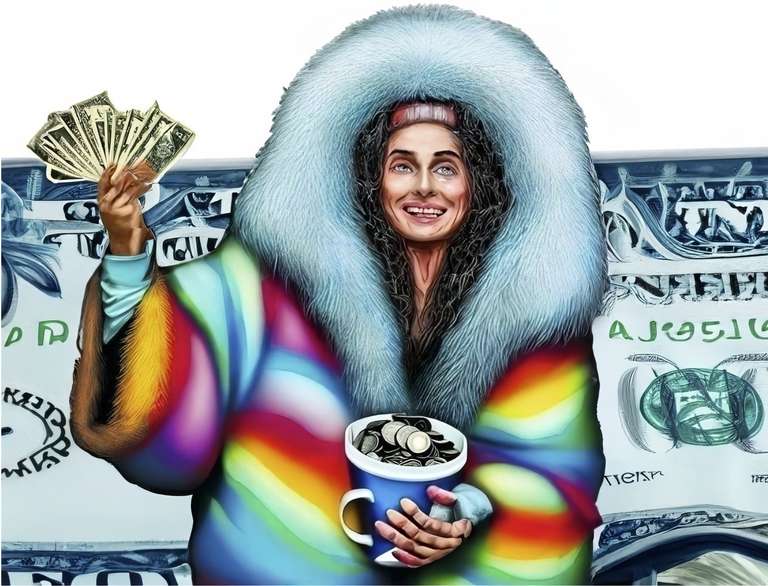Currency Chaos: U.S. Ditches Dollars for Actual Monopoly Money

WASHINGTON D.C. — The U.S. Department of Treasury, under the leadership of Secretary of Treasury Milt Bradley, has decided to swap U.S. currency with Monopoly money. It seems unbelievable, yet it's true. Those colorful, fun-sized bills used for purchasing hotels on 'Boardwalk' or 'Park Place' are now legal tender.
"Just like our previous boring green currency, it's essentially valueless without the government's backing. And we thought, why not make it more colorful and enjoyable?" mused Bradley at a World Economic Forum press conference. The decision was met with mixed reactions ranging from hilarity to outrage.
An anonymous citizen was quoted as saying, "I tried buying coffee with a Monopoly hundred and the barista just laughed until she noticed the new 'legal tender' seal. Then she gave me change in 'Chance' cards."
The unexpected move is allegedly part of a grand scheme to prepare Americans for a government-imposed digital currency. "It's about getting people used to the idea of money as a concept, rather than a physical entity," explained Bradley. "If people can accept brightly colored game currency as real money, they'll be more open to invisible digital money."
There's been a surprisingly low rate of protest against this decision, mainly because most people can't seem to tell the difference. In fact, a recent survey found that 70% didn't even realize they were using Monopoly money. This is either a testament to the superior design of Monopoly currency or the average U.S. citizen has the IQ of a turnip.
When asked about this, another nameless citizen shrugged and said, "It makes no difference to me as long as I can buy my beer. But not Bud Light."
This audacious move had an unexpected side effect - a surge in Monopoly board game sales on eBay for stratospheric prices. The classic board game has overtaken Bitcoin as the top-performing asset class of 2023.
Critics are skeptical about the shift to digital currency, fearing it could be a nefarious tool to track citizens' movements and spending habits. Bradley responded, "If you think we're going to spy on your purchase of six garden gnomes at 3 am, you're giving us too much credit." Bradley then chuckled, "We will however track that 4 am lap dance."
What's next in the world of finance? Will Pokemon cards be used as bonds? Maybe Uno cards as credit cards? You might consider buying real gold in case Monopoly moola doesn't work out.










